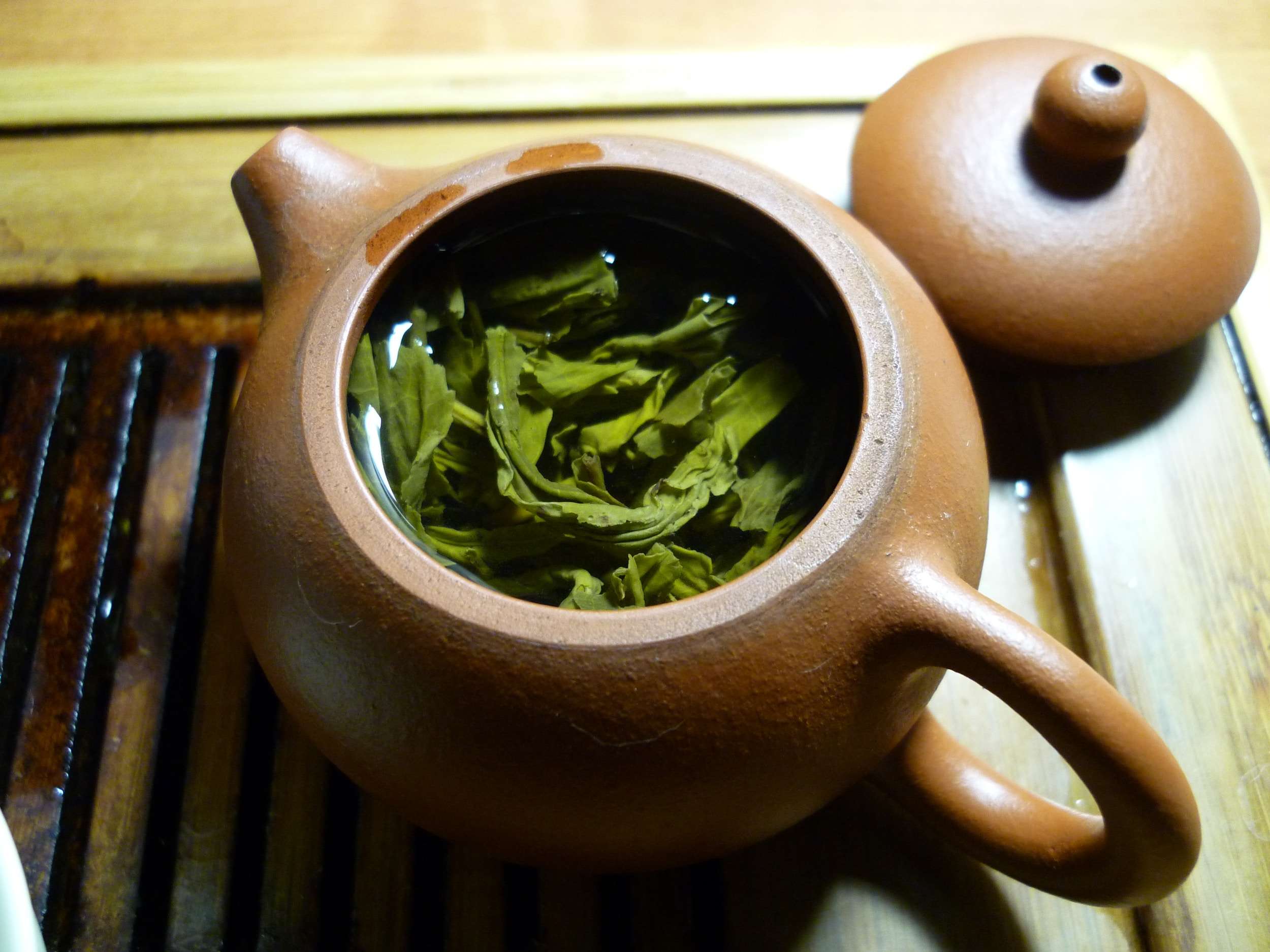Green Tea: Sipping Your Way to Superfood Wellness
Green tea, with its soothing aroma and mild flavor, has captured the hearts and taste buds of people worldwide. Beyond its delightful taste, green tea is celebrated as a superfood with a remarkable array of health benefits. From promoting weight management to bolstering brain health, green tea has earned its status as a cherished beverage for those seeking to enhance their well-being naturally. In this comprehensive guide, we will embark on a journey into the world of green tea, exploring its rich history, unveiling its potent health advantages, and providing insights into incorporating it into your daily routine.

The Origins and Varieties of Green Tea
Green tea, known as "Camellia sinensis," has been consumed for centuries, primarily in Asia, where it originated. It is made from the unoxidized leaves of the tea plant, which distinguishes it from black tea, oolong tea, and other types of tea that undergo oxidation during processing.Green tea comes in various forms, with the most popular varieties being:
1. Sencha:
A common Japanese green tea, known for its fresh, grassy flavor and vibrant green color.
2. Matcha:
A finely ground green tea powder used in traditional Japanese tea ceremonies, offering a concentrated and vibrant flavor.
3. Dragon Well (Longjing):
A famous Chinese green tea with a nutty and slightly sweet flavor, often pan-fried during processing.
4. Gunpowder:
A Chinese green tea named for its rolled, pellet-like leaves, offering a strong, earthy taste.
5. Jasmine:
Green tea scented with jasmine flowers, resulting in a fragrant and aromatic brew.
The Nutritional Elegance of Green Tea
Green tea is celebrated for its rich nutritional profile, offering a spectrum of vitamins, minerals, and beneficial compounds. Here's a glimpse into the nutritional treasures found in green tea:
1. Antioxidants:
Green tea is packed with antioxidants, particularly catechins, which have potent free radical-scavenging properties. Epigallocatechin gallate (EGCG) is the most studied catechin and is believed to be responsible for many of green tea's health benefits.
2. Vitamins:
Green tea contains vitamins, such as vitamin C, which supports the immune system, and vitamin K, important for bone health.
3. Minerals:
It provides essential minerals like potassium and manganese, which play vital roles in various bodily functions.
4. Amino Acids:
Green tea contains L-theanine, an amino acid that promotes relaxation without drowsiness, often synergizing with caffeine to improve cognitive function.
5. Caffeine:
While green tea has less caffeine than coffee, it provides a mild energy boost, promoting alertness and concentration.
Health Benefits of Green Tea
The rich nutritional composition of green tea translates into numerous health benefits:
1. Weight Management:
Green tea can aid in weight loss and weight maintenance by boosting metabolism and enhancing fat oxidation.
2. Heart Health:
Regular consumption of green tea is associated with a reduced risk of heart disease, as it helps lower blood pressure and improve cholesterol levels.
3. Brain Health:
The combination of caffeine and L-theanine in green tea may enhance cognitive function, memory, and mood.
4. Antioxidant Protection:
Green tea's antioxidants combat oxidative stress, reducing the risk of chronic diseases and premature aging.
5. Oral Health:
Green tea has natural antibacterial properties that may help reduce the growth of harmful oral bacteria, contributing to better oral hygiene.
6. Skin Health:
The antioxidants in green tea may protect the skin from UV damage and support a healthy complexion.
Brewing and Enjoying Green Tea
To fully savor the benefits of green tea, it's essential to brew it correctly:
1. Water Temperature:
Boil water and let it cool slightly to around 160-180°F (71-82°C). Water that is too hot can make green tea bitter.
2. Tea Leaves:
Use high-quality loose green tea leaves or tea bags for a more flavorful brew.
3. Steeping Time:
Steep green tea for 1-3 minutes to avoid bitterness. Adjust the steeping time to your preference.
4. Sip Mindfully:
Enjoy green tea as a moment of mindfulness. Sip slowly and appreciate the flavors and aroma.
5. Experiment:
Feel free to experiment with different varieties and brewing methods to find your favorite green tea.
A Word of Caution
While green tea is generally considered safe for most people when consumed in moderation, excessive consumption can lead to caffeine-related side effects, such as insomnia, jitters, or an upset stomach. It's essential to be mindful of your caffeine tolerance and avoid excessive intake.

Conclusion
Green tea, with its rich history and potent health benefits, is more than just a beverage; it's a path to wellness. Whether you prefer the grassy notes of sencha or the ceremonial elegance of matcha, green tea offers a wide array of flavors to suit your palate. By incorporating green tea into your daily routine, you can sip your way to superfood wellness and enjoy the physical and mental benefits it has to offer.
Sources:
- National Institutes of Health (NIH). "Antioxidants: In Depth." Read more
- Harvard T.H. Chan School of Public Health. "Tea." Read more
- National Cancer Institute. "Tea and Cancer Prevention: Strengths and Limits of the Evidence." Read more
- University of Maryland Medical Center. "Green Tea." Read more
- Linus Pauling Institute. "Tea." Read more
- National Institutes of Health (NIH). "Caffeine in the Diet." Read more